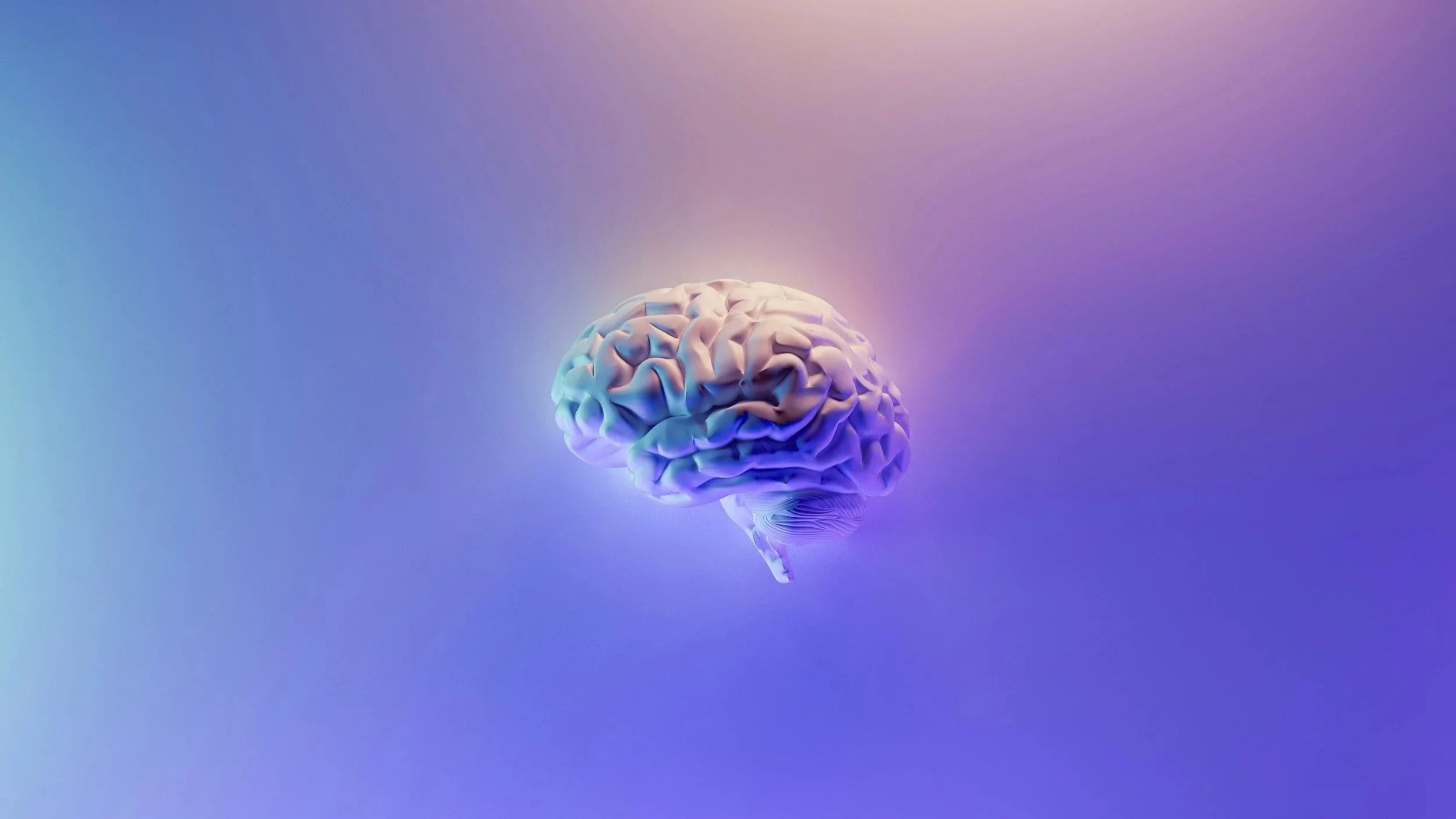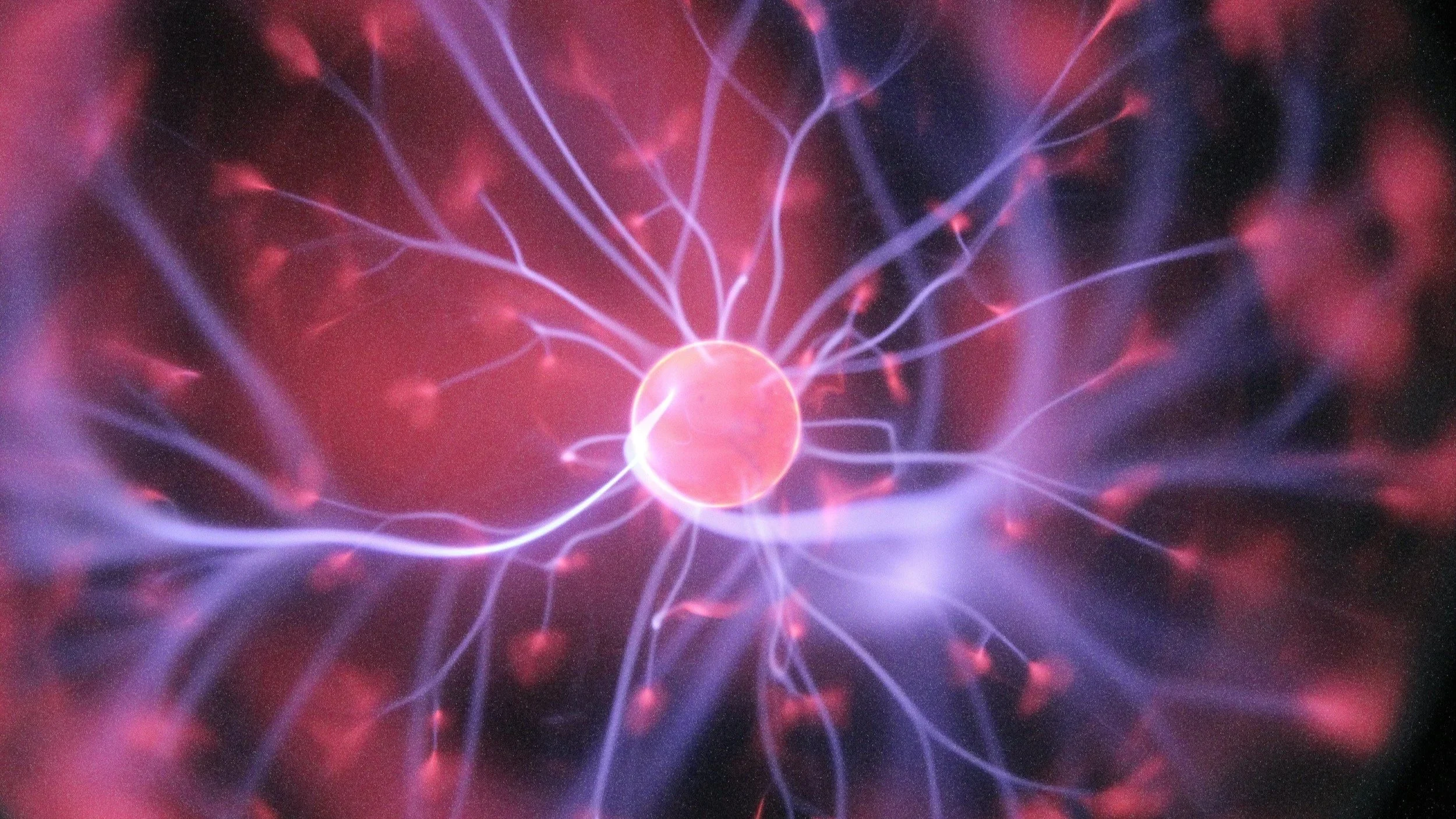What Academic Stress Really Does to the Brain. (and How to Help)
Annie Flores, MS, LPC, Still Waters Counseling
School is supposed to be a place to learn, grow, and discover who you are. But for many teens and young adults, it has quietly become one of the biggest sources of daily stress. Between homework, tests, sports, extracurriculars, social pressure, and the fear of “falling behind,” academic stress can feel like a constant weight on the chest.
At Still Waters Counseling, I see students every week who are overwhelmed, exhausted, and quietly carrying impossible expectations. And the truth is this: Academic stress doesn’t just affect your mood, it literally changes the brain.
The good news? The brain is incredibly flexible, and there are ways to reverse the effects. Let’s break it down.
How Academic Stress Affects the Brain
1. It activates the brain’s “alarm system”
When you’re stressed about a test or a big assignment, your brain activates the amygdala, the part responsible for fear and survival.
This triggers the fight-or-flight system, even if there’s no real danger.
You might notice:
Racing heart
Difficulty concentrating
Feeling irritable or overwhelmed
Procrastination or panic
This isn’t you being “dramatic.” It’s your brain doing exactly what it thinks it needs to do to protect you.
2. It shrinks the ability to focus
Chronic stress releases high levels of cortisol, a stress hormone. Too much cortisol makes it harder for the prefrontal cortex, the part of the brain that handles planning, focus, and decision-making to work properly.
This can look like:
Losing track of assignments
Zoning out in class
Being easily distracted
Forgetting what you just studied
Your brain isn’t “lazy.” It’s overloaded.
3. It disrupts memory
The hippocampus, which plays a major role in learning and memory, is very sensitive to stress.
When stress stays high for long periods, this area becomes less efficient, leading to:
“I studied but I blanked on the test.”
Trouble recalling information under pressure
Difficulty retaining new material
This is why students often know the material at home but freeze during exams.
4. It impacts sleep which impacts everything
Academic stress often leads to:
Staying up late
Early alarms
Scrolling to cope
Thinking nonstop while trying to sleep
Lack of sleep further increases cortisol, lowers memory retention, and ramps up anxiety creating a cycle that can feel impossible to escape.
5. It affects emotional regulation
Stress weakens the brain’s ability to manage big feelings. That means teens may experience:
More irritability
Emotional outbursts
Feeling “numb” or shut down
Increased sensitivity to criticism
Feeling like a failure over small things
Again, not a personality flaw. A stress response.
So… What Helps? (Backed by Science)
Here are tools that restore the areas of the brain most affected by academic stress.
1. Mindfulness & Deep Breathing
Mindfulness isn’t about being zen or perfect. It’s about slowing the brain long enough to reduce cortisol.
Techniques that work:
Box breathing
5-4-3-2-1 grounding
Mindful journaling
Body scanning
Just 5 minutes a day can improve focus and memory.
2. Breaks that actually reset the brain
Not all breaks are equal.
Helpful breaks:
A short walk
Stretching
Music
Deep breathing
Water break
Quick journaling
Not helpful:
Doom scrolling
Comparing grades or progress
Watching stressful content
Your brain needs oxygen and calmness, not more stimulation.
3. Chunking tasks
The prefrontal cortex loves structure.
Try:
Breaking assignments into 15–20 minute chunks
Using timers (Pomodoro method)
Tackling the hardest task first
Making a quick nightly “plan for tomorrow”
Small steps reduce overwhelm dramatically.
4. Having a realistic workload conversation
No teen should be taking on:
AP courses
Sports
Clubs
Volunteering
A job
Family responsibilities
…all without support.
A conversation with a parent, school counselor, or therapist can help reduce the load or create better balance.
5. Talking to someone instead of pushing through
Unprocessed stress intensifies. Talking helps release pressure before it turns into burnout.
Therapy provides a space to:
Build coping tools
Learn emotional regulation
Understand why stress hits so hard
Address perfectionism
Manage academic expectations
Build confidence and resilience
No one should carry academic stress alone.
A Word to Teens:
If school feels heavier than it should, nothing is wrong with you. Your brain is simply overwhelmed, and it deserves care, not pressure.
A Word to Parents:
Your child’s stress is not a sign of weakness. It’s the result of living in a high-pressure, high-expectation world. Offering support early can prevent long-term anxiety, burnout, or self-esteem struggles.
How I Can Help at Still Waters Counseling
At Still Waters Counseling, I help teens and adults understand their stress, rebuild their confidence, and learn tools to calm the mind and strengthen the brain.
My approach blends:
Mindfulness
Journaling
CBT & DBT techniques
Stress-reduction strategies
Emotional regulation
Compassionate, individualized care
If you or your teen are feeling overwhelmed, you don’t have to figure it out alone.
Contact me at (956) 278-9789
Your brain is capable of healing.
Your stress is manageable.
And you deserve a calm, steady place to land.


